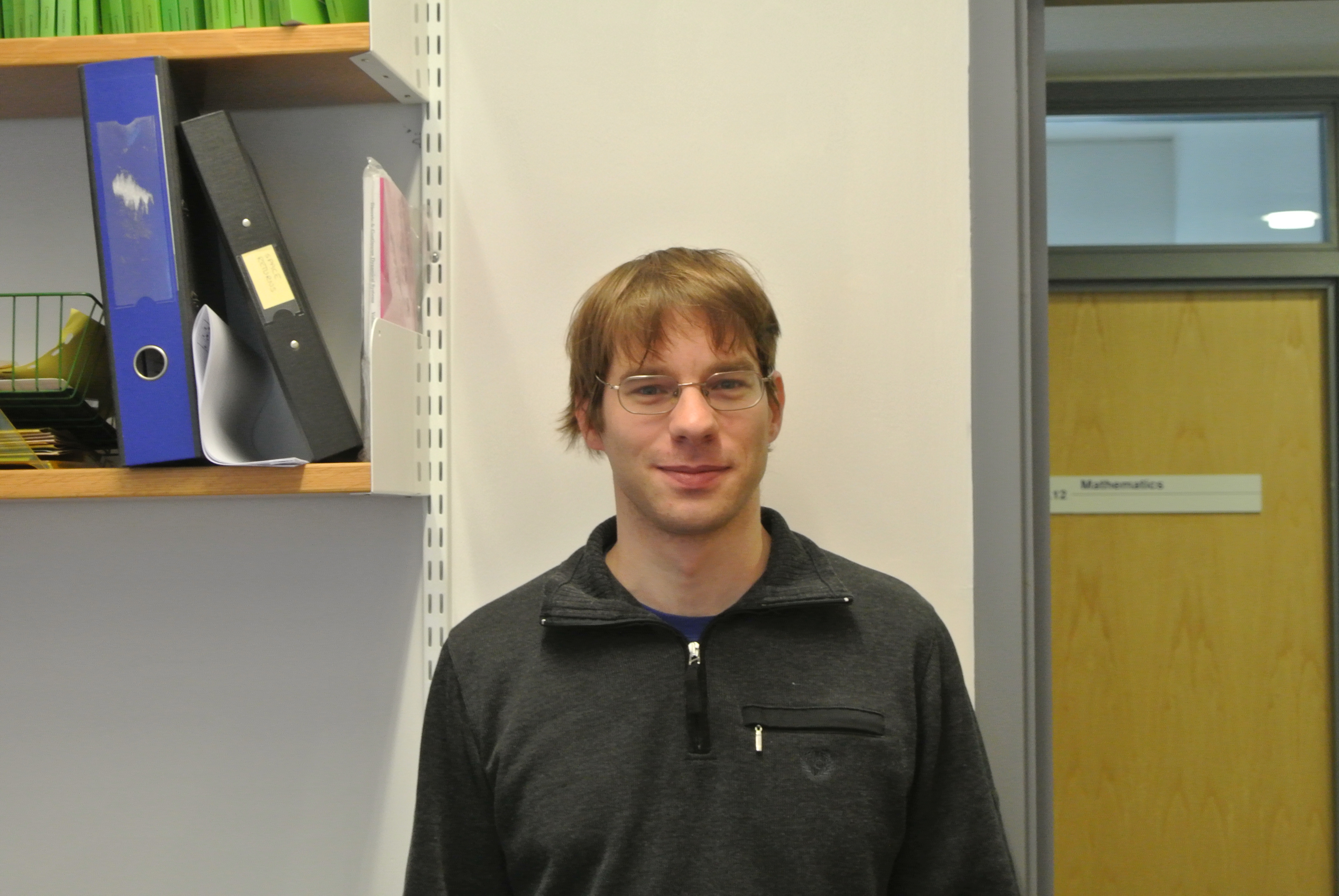The complexity of isometry classes of Banach spaces
I will present our joint work with M. Doucha, M. Doležal and O. Kurka, where we develop a new natural topological approach to coding of separable Banach spaces. It makes meaningful questions such as which Banach spaces are the easiest to define, up to isometry (and also up to isomorphism), or which classes of Banach spaces are the easiest to define – in the descriptive set-theoretic framework. The plan is first to motivate our choice of the topological framework (first half of the seminar) and then (in the second half of the seminar) to concentrate on our results concerning complexities: among the results, there are new characterizations of the separable infinite-dimensional Hilbert space as the separable infinite-dimensional Banach space whose both isometry and isomorphism classes are the easiest to define among Banach spaces (such statements are made absolutely precise); and precise characterization of the complexity of the isometry classes of the most classical Banach spaces such as \(L_p[0,1]\), \(\ell_p\), for finite \(1\leq p\), \(c_0\), and also of the Gurarii space. The paper opens a new area for research and at the end, I will suggest several open problems.
Link to the talk.
